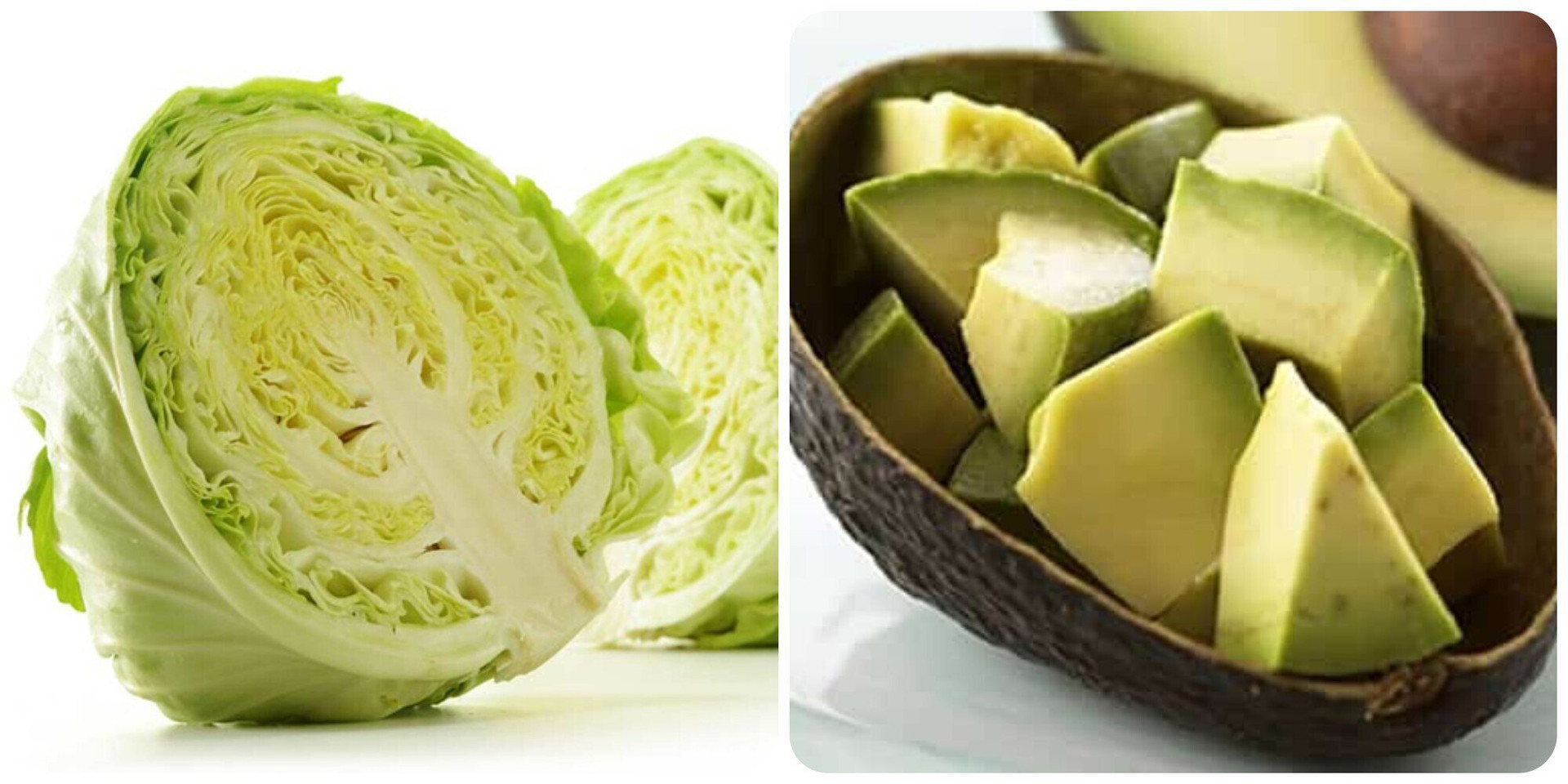There are some common winter fruits and vegetables that experts recommend regularly supplementing to increase resistance.
Winter weather is a favorable time for bacteria and viruses to develop, causing disease outbreaks and spread in the community, especially in people with weak resistance.
One of the best ways to increase resistance is to supplement food. Below are 5 types of vegetables and fruits that you should eat a lot in winter to increase resistance.
Does nutrition help boost immunity?
Health & Life Newspaper quoted Prof. Dr. Le Danh Tuyen, former Director of the National Institute of Nutrition, many factors contribute to the health of the immune system such as: age, gender, genes, living environment, living habits, exercise, nutrition... In which the role of nutrition is particularly prominent.
Studies have shown that the immune barrier only works well when provided with adequate essential nutrients. Therefore, supplementing with substances beneficial to the immune system such as vitamins C, A, B6, E, zinc, selenium... will help strengthen the body's natural resistance, fighting against the invasion of harmful agents from the environment.
According to Professor Tuyen, the body's immune system is a system built with strong defense mechanisms, not only fighting against external agents such as viruses and bacteria, but it also learns to recognize new harmful agents to better protect the body.
However, to boost immunity, we need to have a good foundation of health. This involves a range of different supportive behaviours, from getting enough rest, managing stress levels, exercising regularly and especially eating a nutritious diet.
If the diet is lacking in nutrients, especially essential vitamins and minerals, the immune system will be weakened.
5 types of fruits and vegetables to boost the immune system
Avocado
Avocados are rich in healthy fats, which help keep our cholesterol levels in check, keeping our hearts healthy. If you live with diabetes, the combination of healthy fats and high fiber content in avocados can help improve insulin sensitivity and blood sugar control.

Cabbage and avocado are two very healthy vegetables.
Broccoli
Broccoli is an especially rich source of vitamin C and vitamin A. Vitamin C is a powerful antioxidant and immune booster, helping to fight common viruses that cause cold-weather hot flashes.
Vitamin C also helps your body absorb iron from iron-rich plant foods (such as beans, chickpeas, and lentils). This is especially important for people who don't eat meat, as eating vegetables high in vitamin C can help your body absorb more iron.
Vitamin A plays an important role in maintaining healthy vision and helping to prevent degenerative eye diseases. Vitamin A is also involved in maintaining healthy, glowing skin and building strong bones.
Sugar beet
Beets are high in iron, along with vitamins A, B6, and C. They help detoxify the liver and support the immune system, while also being low in calories, making them an effective weight-loss aid. They’re also a great source of fiber, folate, manganese, potassium, iron, not to mention protective compounds including betanin and vulgaxanthin, which have anti-inflammatory effects.
Cabbage
All varieties of cabbage are low in calories but rich in fiber that supports digestive health, as well as vitamin C, vitamin K, manganese, and antioxidants like immune-boosting anthocyanins.
Dill
Fennel promotes digestive health due to the presence of anti-inflammatory and antibacterial compounds. Fennel root contains several disease-fighting phenolic compounds, including bioflavonoids, phenolic acids, tannins, coumarins, and hydroxycinnamic acids, as well as potassium and vitamins C, A, and B.
Eat these fruits and vegetables regularly in winter to strengthen your body's immune system.
HA (according to VTC News)